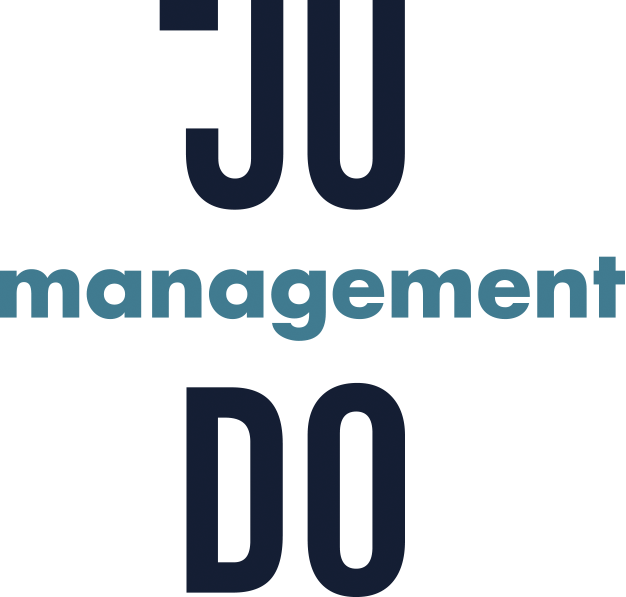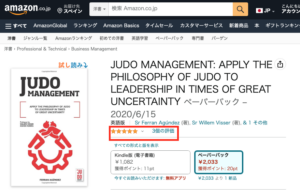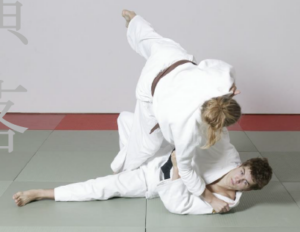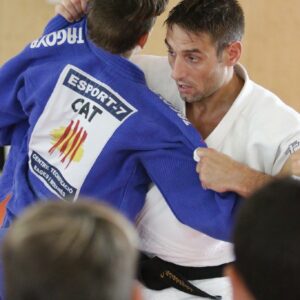There are 3 aspects to a coach’s duty:
- Scouting (work area of one’s own sportsmen/women and that of the opponents)
- Training
- Coaching matches
The coach trains and coaches the match.
There are important differences between training and match:
- Learn and practice
- Average pressure
- Sub-maximum performance
- Reproducible
- Variable
- Many forms
- Apply and perform
- High pressure (mental stress)
- Maximum achievement
- Non-reproducible
- Fixed
- Defined
Sometimes the gap between training and the match is a wide one.
The coach then has a bridge function between the training and the match. That is why a coach should possess the following competences:
High-quality sport-specific and sport-technical skills;
Methodic and didactic skills;
Influential competences;
Task adequate social skills;
A good ability to express himself orally and in writing;
More than an average general education;
Diplomatic skills
Representative skills.
Willem Visser
Executive coach, Strategic Adviser, International Lecturer; 8th Dan Judo IJF
With gratitude to all my teachers, specialists, colleagues and especially all the judoka that I was allowed to guide and to coach.
Sources and inspiring professionals:
Van der Horst, Cobben, Abe, Saitoh, Yamashita, Uemura, Sugawara, Murata, Hosokawa, Komata, Takahashi, Nakamura, Kasuga, Kawashima, Kariya, Brousse, Besson, Rougé, Ruska, Geesink, de Cree, Barta, Vachun, Viser, Lascau, McConnell, Snijders, Sins, Hoogendijk, Boersma, Odinot, van Dijk, Klok, Agúndez, Landsberg, Covey, de Waal, DeCaluwe, Drucker, Franzen, Goldratt, Hammer, Kets de Vries, Kotler, Mastenbroek, Mintzberg, Peters, Porter, Quinn, ten Bos, Trompenaars, Vinke, Weggeman, Wissema and many others.



